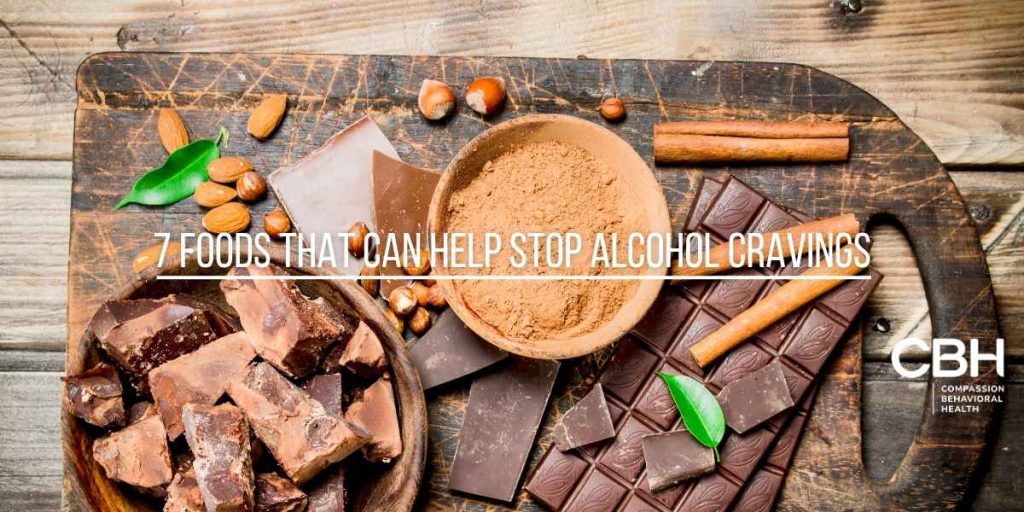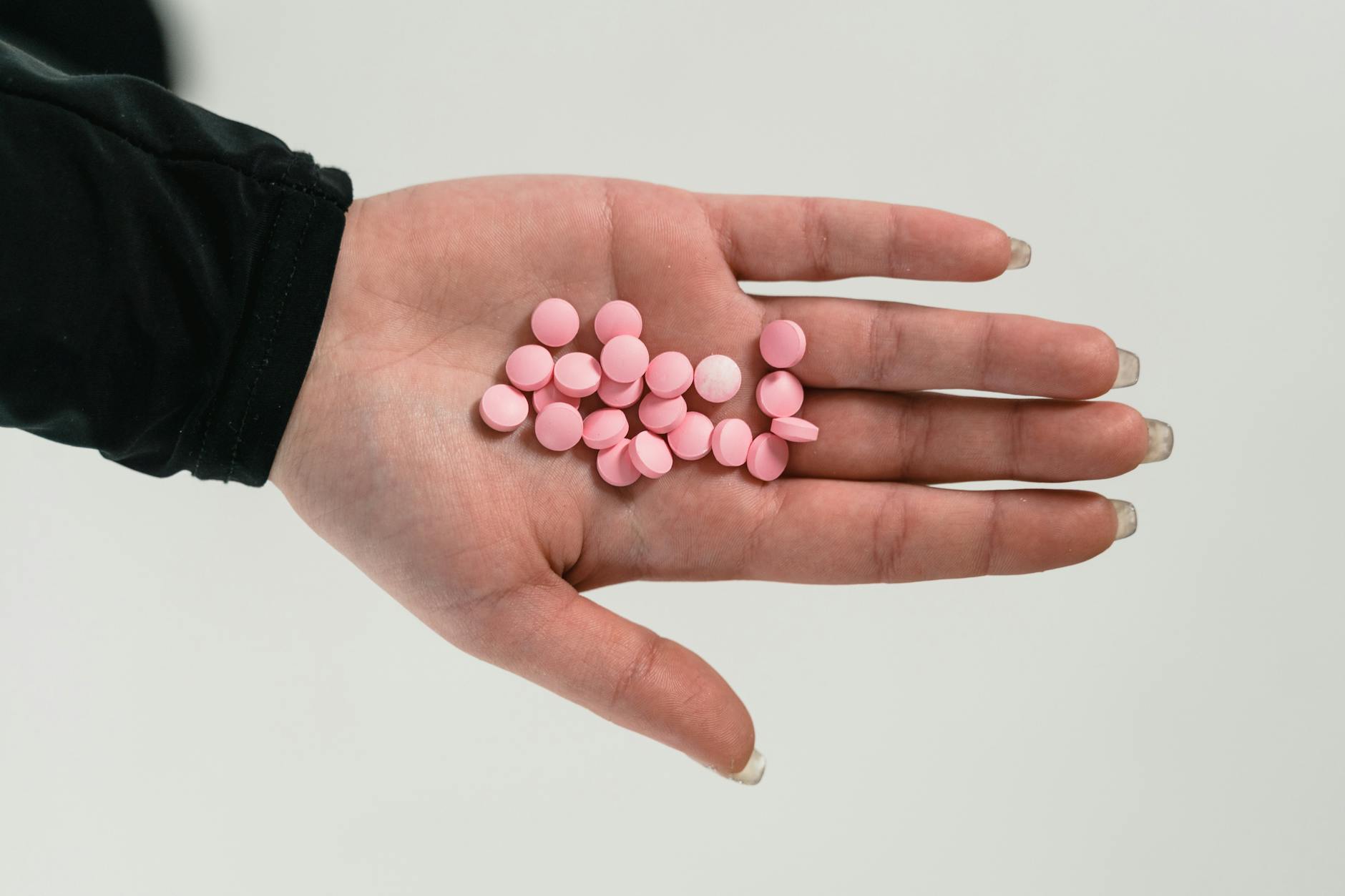Battling alcohol cravings can be a challenging part of the alcohol addiction recovery process for many people. Fortunately, certain foods may help curb these cravings and contribute to a healthier lifestyle. This article explores the connection between diet and alcohol cravings and provides practical tips to incorporate beneficial foods into your daily meals.
Understanding Alcohol Cravings
Alcohol cravings are often a significant obstacle for those seeking to reduce their alcohol consumption or achieve sobriety. These cravings can occur at any time and can be triggered by various factors, such as stress, social situations, or even certain foods.
Before discussing the role of food in curbing alcohol cravings, it is important to understand what fuels these cravings in the first place.
The Science Behind Alcohol Cravings
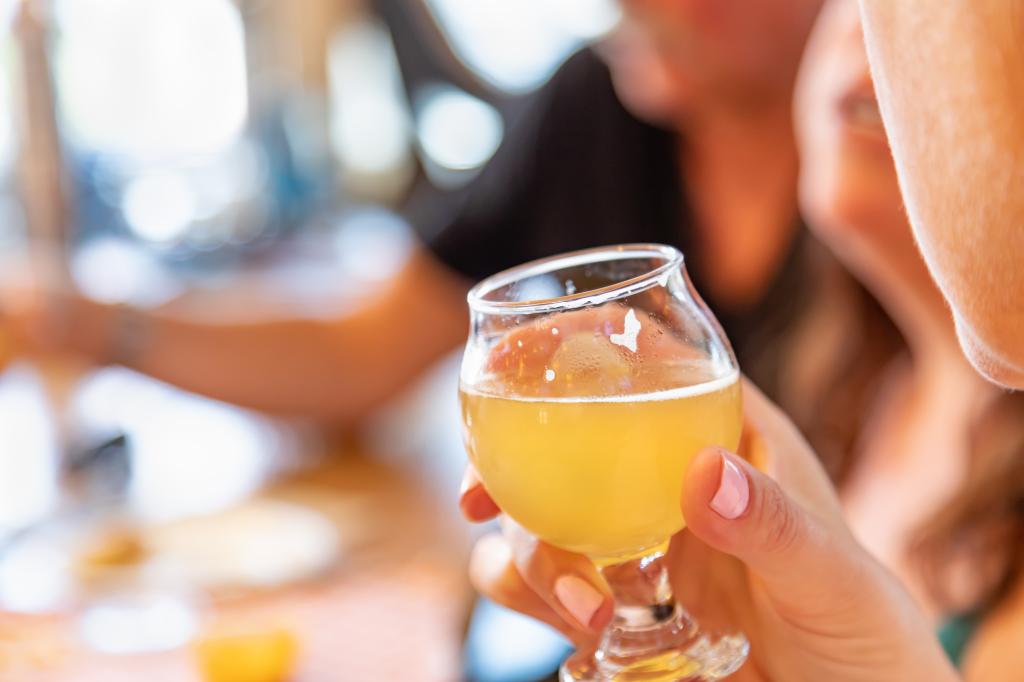
Cravings for alcohol are not merely caused by a weak will or lack of self-control. Rather, they are a result of complex biological processes within the brain. Alcohol misuse can alter the balance of certain chemicals in the brain, such as dopamine, which regulates pleasure and reward.
When a person frequently drinks alcohol, their brain starts to associate alcohol consumption with pleasure and reward, leading to intense cravings when this substance isn’t available.
Furthermore, research has shown that alcohol cravings can also be influenced by genetic factors. Certain individuals may have a genetic predisposition to experiencing stronger cravings for alcohol, making it even more challenging to overcome addiction.
Additionally, environmental factors play a significant role in alcohol cravings. For example, individuals who have grown up in households where alcohol misuse was prevalent may be more susceptible to developing cravings for alcohol themselves.
The Role of Diet in Alcohol Cravings
While it’s clear alcohol can tug at the brain’s reward system, it’s less known that diet can also affect craving. Certain nutrients are essential for maintaining a balanced brain chemistry. A deficiency in these nutrients can disrupt this balance and potentially increase cravings for alcohol.
For instance, studies have shown that individuals with low levels of vitamin B6, which is involved in the production of neurotransmitters like serotonin, may be more prone to experiencing alcohol cravings. Incorporating foods rich in vitamin B6, such as bananas, avocados, and chickpeas, into one’s diet can help support a healthier brain chemistry and reduce cravings.
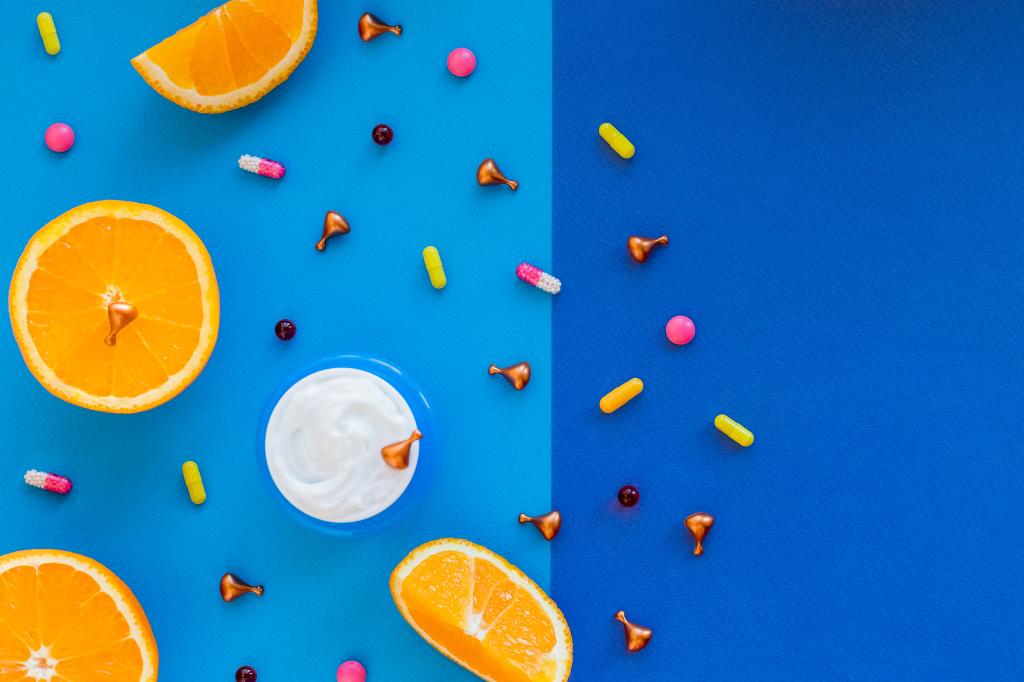
In addition to vitamin B6, omega-3 fatty acids have also been found to play a role in reducing alcohol cravings. These healthy fats, commonly found in foods like salmon, walnuts, and flaxseeds, have been shown to support brain health and reduce inflammation, potentially making it easier to resist the urge to drink.
A healthy diet may not only reduce the intensity of alcohol cravings, but it can also support overall mental and physical health – an important aspect of recovery for those struggling with alcohol misuse.
Furthermore, staying hydrated is crucial in managing alcohol cravings. Drinking enough water throughout the day can help flush out toxins from the body and reduce the desire to consume alcohol.
It is important to note that while diet can play a role in curbing alcohol cravings, it is not a standalone solution. Seeking professional help, such as counseling or attending support groups, is crucial in addressing the underlying causes of alcohol addiction and developing effective coping mechanisms.
The Connection Between Food and Alcohol Cravings
Emerging research suggests that what you eat may have a significant impact on alcohol cravings. Indeed, certain foods may help to curb these cravings by providing the nutrients your body lacks.
Furthermore, eating regularly and maintaining a balanced diet can keep your blood sugar levels stable, which may lessen alcohol cravings.
How Certain Foods Can Curb Cravings
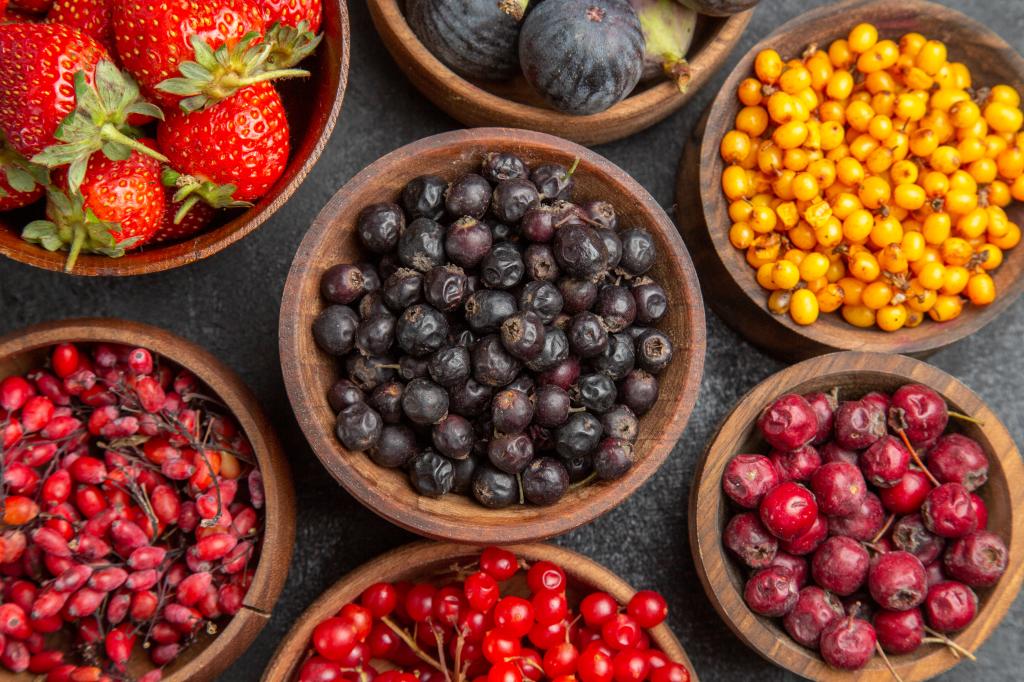
Certain foods are thought to reduce alcohol cravings due to their nutritional content. They can support brain health, balance mood, boost energy levels, and fill the nutrition gap left by alcohol misuse.
For example, high-protein foods such as lean meats, fish, tofu, and legumes can help stabilize blood sugar levels and provide the amino acids necessary for neurotransmitter production. These neurotransmitters, like serotonin and dopamine, play a crucial role in regulating mood and cravings.
In addition, whole grains like quinoa, brown rice, and oats are rich in complex carbohydrates that provide a slow and steady release of energy. This can help prevent blood sugar spikes and crashes, which are often associated with increased alcohol cravings.
Antioxidant-rich fruits and vegetables, such as berries, leafy greens, and colorful bell peppers, are packed with vitamins, minerals, and phytochemicals that support brain health and reduce oxidative stress. This can help alleviate the physiological imbalances that contribute to alcohol cravings.
The Importance of Balanced Nutrition
A balanced diet can significantly contribute to the success of a recovery journey. It ensures that the body gets all the essential nutrients it needs, which can reduce cravings and support overall health.
Eating regularly throughout the day, rather than skipping meals, helps maintain stable blood sugar levels and prevents extreme hunger, which can trigger cravings. Including a variety of foods from different food groups ensures that you obtain a wide range of nutrients necessary for optimal brain function and overall well-being.
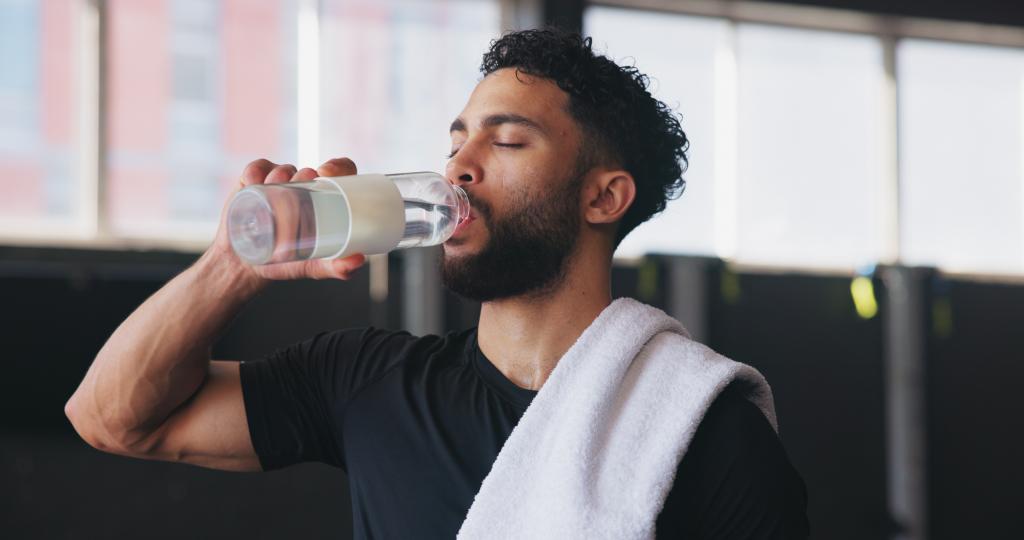
Staying hydrated is also crucial, as dehydration can lead to fatigue and mood imbalances, which may increase alcohol cravings. Aim to drink plenty of water throughout the day and limit the consumption of dehydrating beverages like alcohol and caffeine.
While general guidelines can be helpful, it is important to remember that everyone’s dietary needs may vary. Seeking professional advice from a registered dietitian or nutritionist can provide personalized recommendations tailored to your specific needs and recovery goals.
7 Foods That Can Help Curb Alcohol Cravings
Considering the link between diet and alcohol cravings, a list of seven foods reputed for their ability to help curb alcohol cravings is provided. Note that while these foods alone might not solve the problem, they can certainly help when part of a balanced diet and recovery plan.
1. Dark Chocolate: A Sweet Substitute
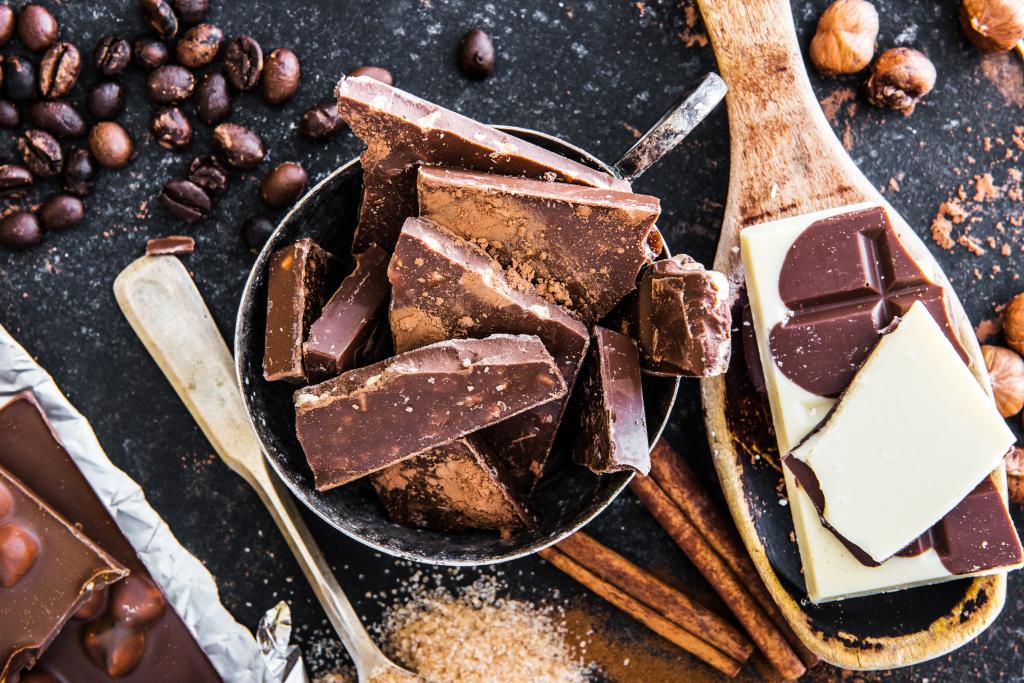
Dark chocolate is rich in antioxidants and can satisfy sweet cravings, which often arise when a person stops drinking alcohol. Moreover, it’s believed that chocolate’s magnesium content may also help reduce alcohol cravings.
2. Fruits and Vegetables: Nature’s Candy
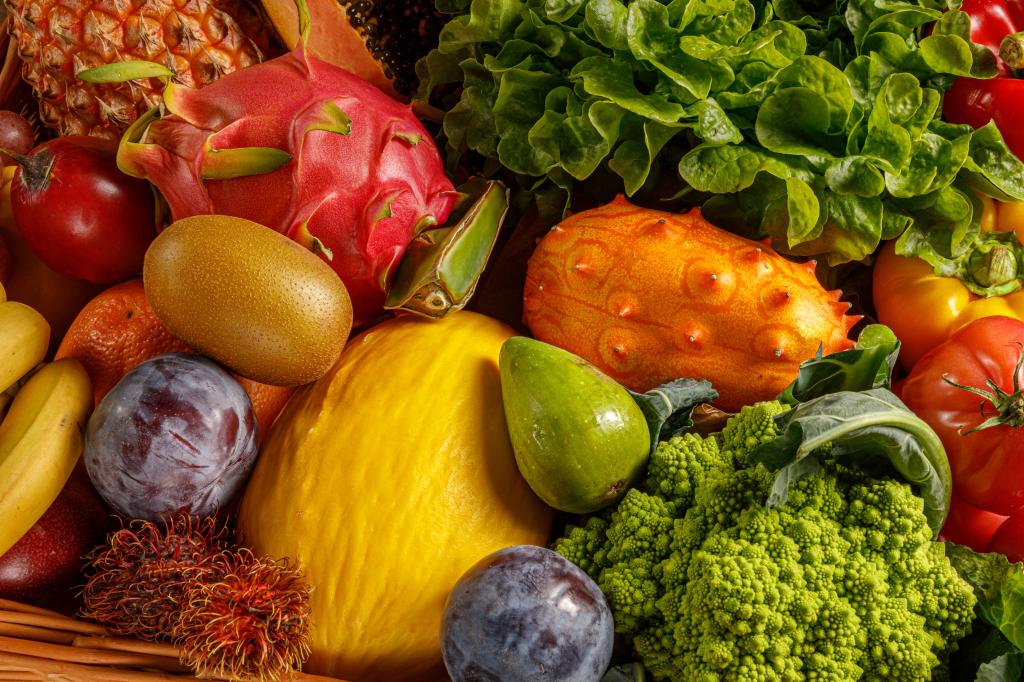
Fruits and vegetables are excellent sources of vitamins, minerals, and dietary fiber, which can help curb alcohol cravings by maintaining stable blood sugar levels and supporting overall health.
3. Whole Grains: A Satisfying Staple
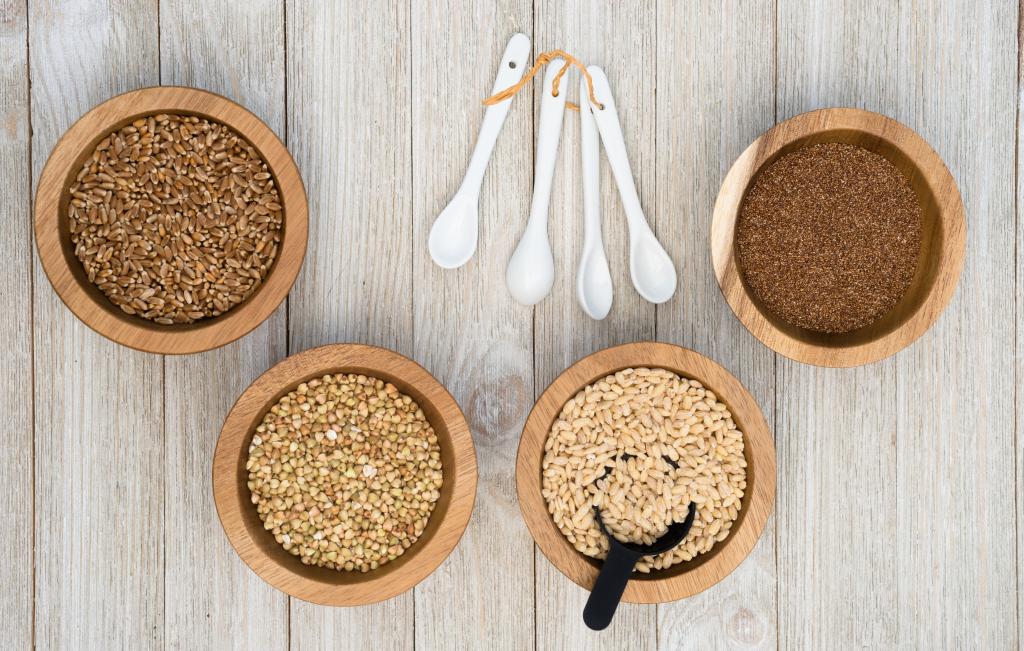
Whole grains, such as brown rice, oats, and whole wheat bread, are rich in complex carbohydrates. These carbohydrates are broken down slowly in the body, providing sustained energy and reducing the chance of experiencing alcohol cravings.
4. Lean Proteins: A Filling Option
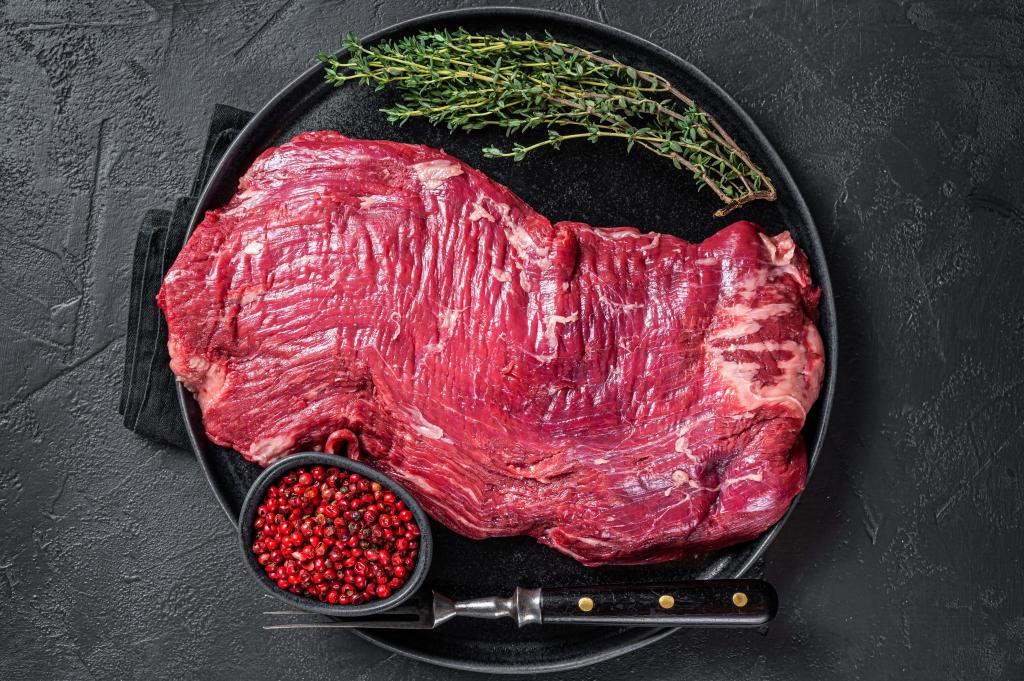
Protein-rich foods, like lean meat, poultry, fish, and eggs, can keep you feeling full and satisfied, making you less likely to reach for alcohol. Additionally, these foods also supply the amino acids necessary for brain health and balance.
5. Nuts and Seeds: Healthy Fats to the Rescue
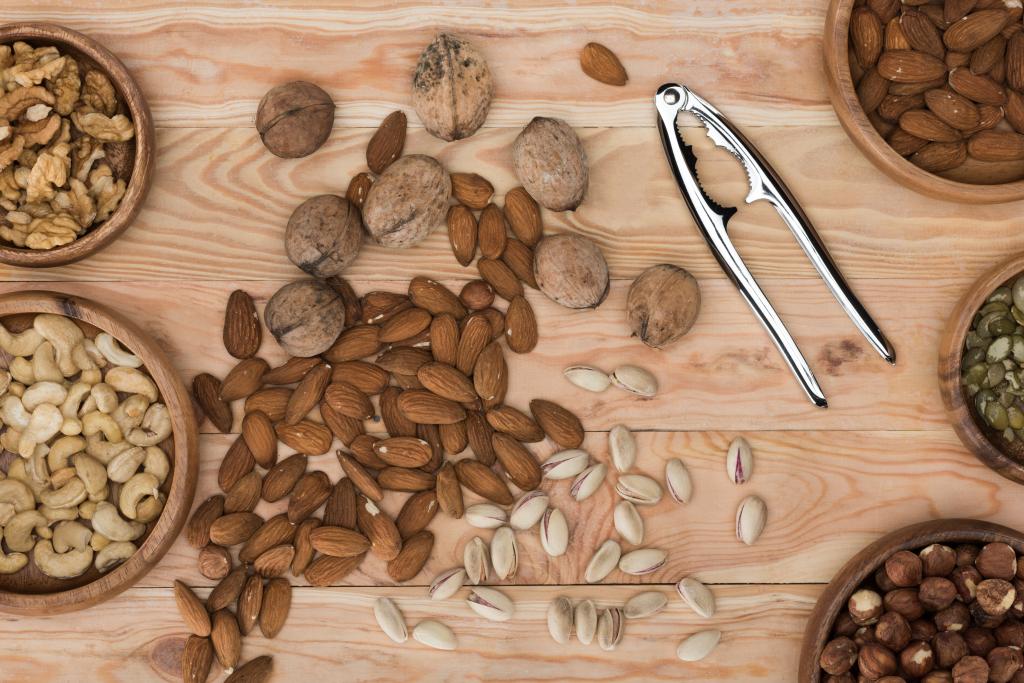
Nuts and seeds are packed with healthy fats, proteins, and fibers, making them a perfect snack to curb alcohol cravings. Plus, they are loaded with essential nutrients like magnesium, which may alleviate alcohol cravings.
6. Spicy Foods: A Distinct Distraction
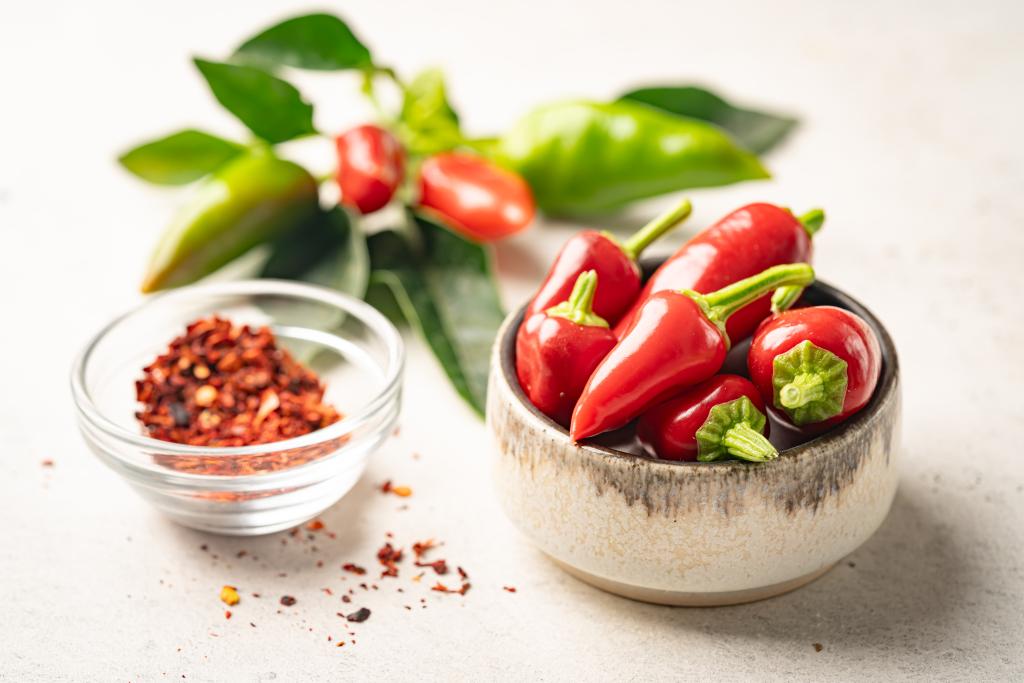
Spicy foods can be a helpful distraction from alcohol cravings. They trigger an endorphin release similar to the one that alcohol stimulates, making them an effective substitute.
7. Fermented Foods: A Gut-Healthy Choice
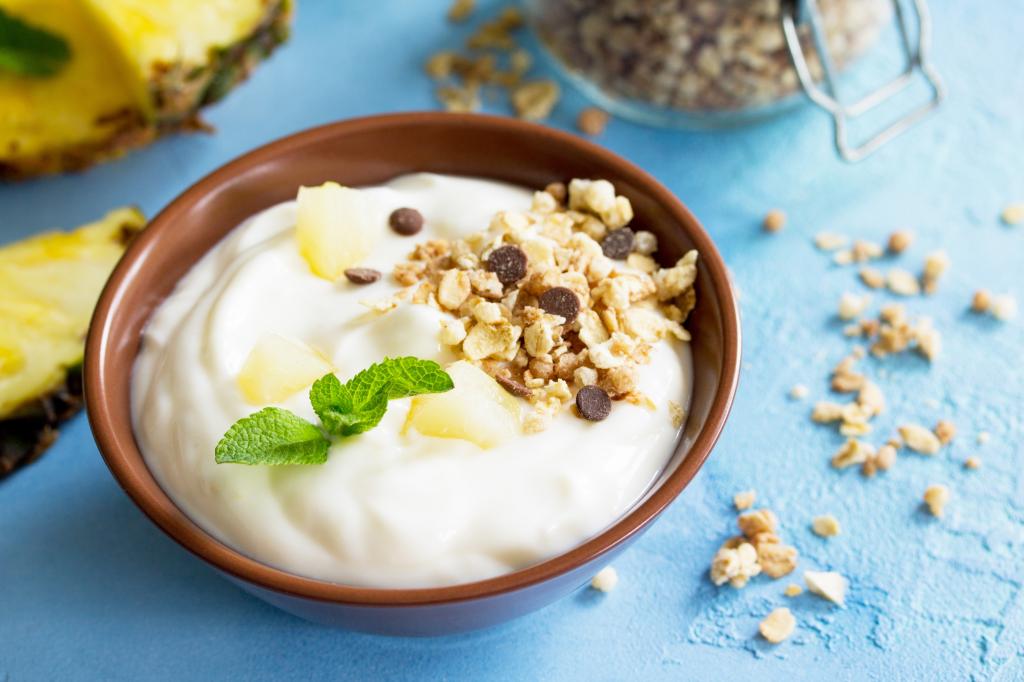
Fermented foods, such as yogurt and sauerkraut, can improve gut health, enhance mood, and potentially help alleviate alcohol cravings.
Incorporating These Foods into Your Diet to Curb Alcohol Cravings
Armed with the knowledge of how diet can affect alcohol cravings, the mission now is to incorporate these beneficial foods into a daily dietary routine. This can be achieved through thoughtful meal planning and discovering new, delicious recipes.
Practical Tips for Meal Planning
A well-planned menu is essential for maintaining a balanced diet. Scheduled meal times can also help reduce the likelihood of impulsive eating or drinking. Consider including the previously mentioned foods in your daily meals, and don’t be afraid to experiment with different cooking methods and recipes.
Easy and Delicious Recipes to Try
Beyond simply eating these foods on their own, they can be used in a variety of tasty and nutritious recipes. From exciting salads and protein-packed main dishes to healthy snacks, there’s no limit to the ways you can incorporate these foods into your diet.
While diet alone cannot cure alcohol cravings, it can certainly play a key role in the alcohol addiction recovery process. Incorporating beneficial foods into your diet can support brain and body health, and potentially lessen the intensity of alcohol cravings.
Alcohol Addiction Treatment at CBH in Florida

Need Help from Professionals to Manage Alcohol Cravings? At Compassion Behavioral Health, we understand that addiction is multifaceted. While nutrition can play a pivotal role, professional intervention often becomes indispensable. Our dedicated team, leveraging evidence-based methodologies, offerouprs personalized treatment plans for alcohol addiction catering to individual needs. From individual counseling sessions and group therapies to holistic approaches, we ensure a rounded recovery path. Call us or contact us today to learn more.
